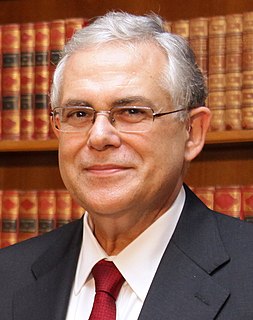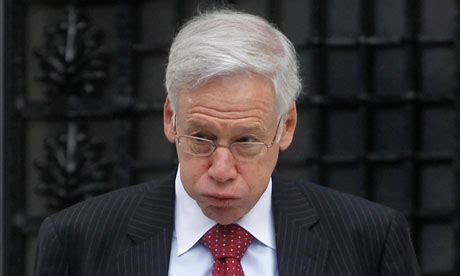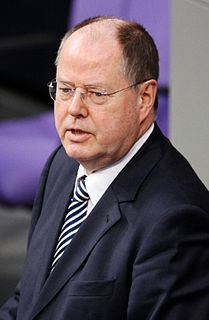A Quote by Vladimir Putin
I have criticized it [Europe], but I repeat: we keep 40 percent of our gold and foreign currency reserves in euros, we are not interested in the collapse of the Eurozone, but I do not rule out the possibility of decisions being made that would consolidate a group of countries equal in economic development and this, in my opinion, will lead to a consolidation of the euro. But there can also be some interim decisions in order to keep the present number of members of the Eurozone unchanged.
Quote Topics
Also
Being
Being Mad
Collapse
Consolidate
Consolidation
Countries
Criticized
Currency
Decisions
Development
Economic
Economic Development
Equal
Euro
Europe
Eurozone
Foreign
Gold
Group
In My Opinion
Interested
Interim
Keep
Lead
Made
Members
Not Interested
Number
Opinion
Order
Our
Out
Percent
Possibility
Present
Repeat
Reserves
Rule
Some
Unchanged
Will
Would
Related Quotes
This is also evident in Europe, not the dependence on oil and gas, but the fact that structural reforms are long overdue, and I think that the leading economies are very pragmatic and efficient in addressing the issues facing the European economy. That is why we keep approximately 40 percent of our gold and foreign currency reserves in euros.
Europe is sort of like the Soviet Union in the '30s and '40s. There was an argument, is it reformable or not? There is a feeling, and I think it's correct, that the European Union, the eurozone, and the euro, is not reformable, as a result of the Lisbon treaties and the other treaties that have created the euro. Europe has to be taken apart in order to be put together not on a right-wing, neoliberal basis, but on a more social basis.
Most paper money initially existed as a substitute for gold. That's what gave it value. But right now what gives a currency value is other currency. Most countries hold reserves and the reserves are other currencies. If you are a backing up the euro with the dollar, what's backing up the dollar? I don't think it is going to go to a point where all you have is coins and bars of gold, but I do think that we are going to have to go back to a monetary system based in gold, not based on paper.
If there is a Greek exit from the Eurozone, I think the German elite will be quite pleased that they can then use that to restructure the Eurozone and make it a zone where only strong countries are allowed in. There would then be two tiers within the European Union, which is in fact already happening. But you cannot simply get rid of German control by raising the specter of the Third Reich. That's ahistorical.
At the outset of the creation of the euro in 1999, it was expected that the southern eurozone economies would behave like those in the north; the Italians would behave like Germans. They didn't. Instead, northern Europe fell into subsidizing southern Europe's excess consumption, that is, its current account deficits.
If I had political responsibility, I would want to prepare for a plan B that would foresee that the European currency union, that the eurozone, no longer necessarily consists of 17 member states. And that means to make provisions so that other countries are not pulled into the maelstrom through contagion.






























